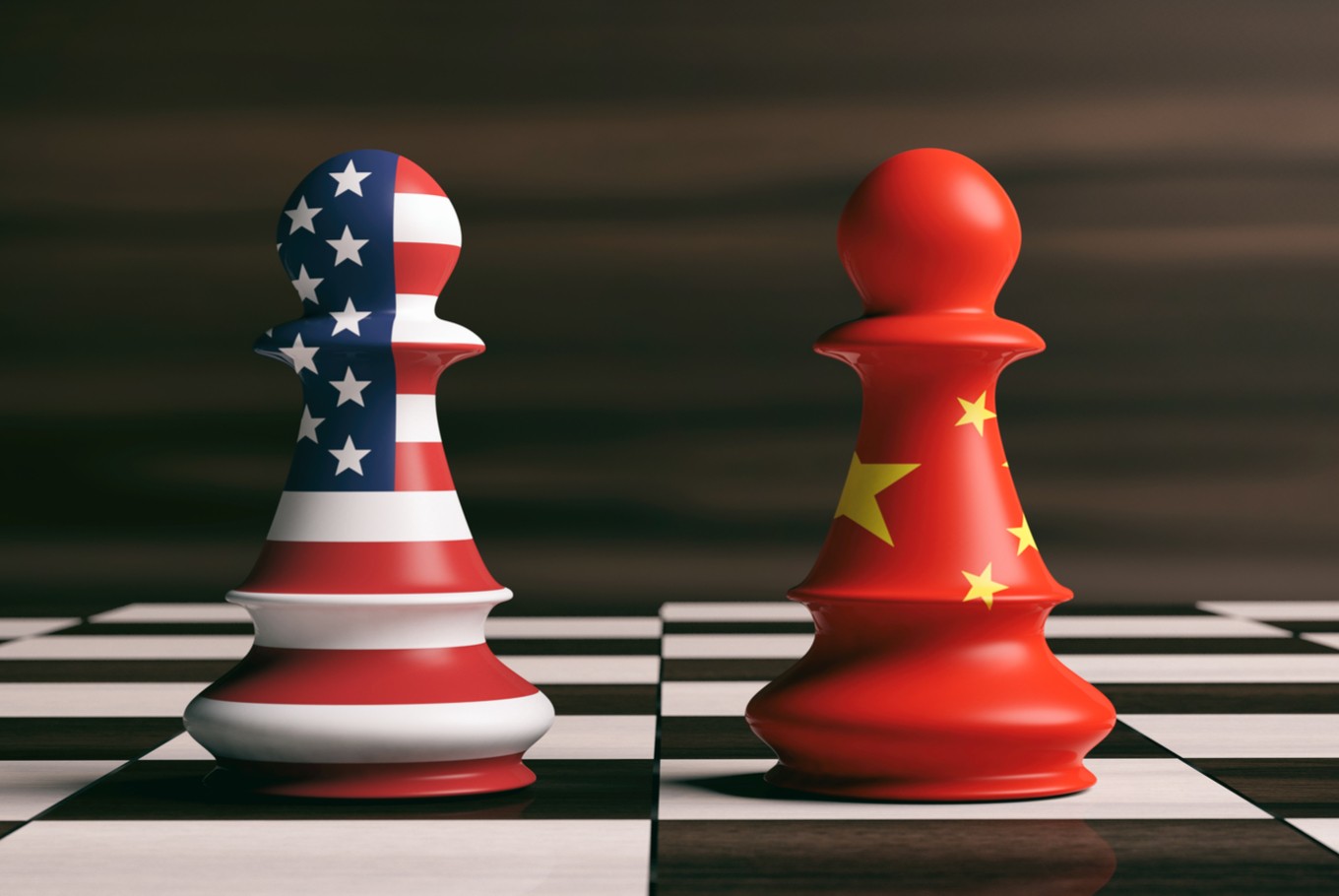Popular Reads
Top Results
Can't find what you're looking for?
View all search resultsPopular Reads
Top Results
Can't find what you're looking for?
View all search results'New Cold War with China' demands US-Europe united front: Germany
Change text size
Gift Premium Articles
to Anyone
E
urope and the United States need to face up to a "new Cold War with China" together, regardless of who wins the White House in November, Germany's point man on transatlantic ties told AFP.
With just five weeks to go until the US election, the German government's coordinator for relations with the United States and Canada, Peter Beyer, insisted there were more shared interests than differences.
"Europe has got to stand shoulder-to-shoulder with the US to face the huge challenge of China," he said.
"The new Cold War between the United States and China has already begun and will shape this century."
After four years of frequent friction between Donald Trump and Angela Merkel on issues including Iran, trade, NATO and the climate, Beyer said it was no secret that Germany would find it easier to work with Joe Biden.
"I'm the last person who's so naive to say 'If Biden wins, everything will be super, it's the beginning of a golden age'," he said.
"The controversial issues won't go away overnight but with Biden the transatlantic friendship would become more reasonable, calculable and reliable again."
'Won't be better'
On China and Iran, Americans and Europeans had "similar, sometimes identical interests," Beyer said.
"That's why I'm frustrated that we can't find a common denominator right now" on issues including support for the World Health Organization amid the coronavirus pandemic, ways to rein in Iran's nuclear ambitions and tackling climate change.
But he insisted that despite the high stakes of the race, Trump's re-election would not bring the implosion of the West, citing enduring close cooperation with members of Congress and many US states.
"It won't all be grim if Trump two comes. But it also won't be better," he said.
"Who is sitting in the White House is essential. But it can't dominate the transatlantic friendship. Washington and especially the United States aren't just the Oval Office."
Beyer said decades of post-war cooperation between the allies had built a foundation of "supposedly old-fashioned values" like "freedom and democracy, peace and prosperity".
"It's worth remembering Americans taught us those values and we're still thankful for them," he said.
That stood in contrast to a Chinese system marked by "dictatorship, a lack of press freedom and human rights, digital surveillance, [abuse of] the Uighurs, Hong Kong, the environment..."
Beyer is one of the few top members of the Christian Democrats (CDU), Merkel's party, at a foreign ministry run by the Social Democrats, junior partners in her ruling coalition.
He said the CDU would have to think of those crucial factors when picking a new leader in December ahead of a general election next year at the end of Merkel's 16-year tenure.
"Whoever wins will have to confront these issues."
Hearts and minds
He said security was just one area in which Germany would have to up its game, particularly given Trump's plans to slash the number of US troops stationed in Germany by 9,500 to 25,000.
Trump cited anger with Germany for not sticking to NATO targets on defense spending and for treating the US "badly" on trade in justifying the move.
"I don't think a Biden administration would completely reverse the plans, but I also doubt it would pursue them with the same vehemence," Beyer said.
In either case, however, Germany must stick to its pledges to increase defense spending while working with European partners to play a bigger role on security.
"We don't want to make NATO obsolete," Beyer said. "But for our own sake we have got to push defense cooperation within Europe."
He said a younger generation of Germans was less interested in American pop culture or study abroad programs than he had been growing up in Cold War-era West Germany, noting that Australia, Canada and parts of Asia were now more likely to capture hearts and minds.
And he admitted that Germany had occasionally neglected US ties over the past decade and bore part of the blame for any estrangement.
"Polls show Germany and Germans are very popular among many Americans," Beyer said, with an eye to rekindling the relationship. "It's a place to start."










